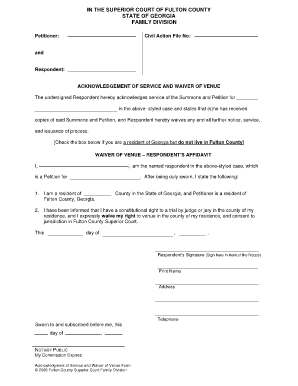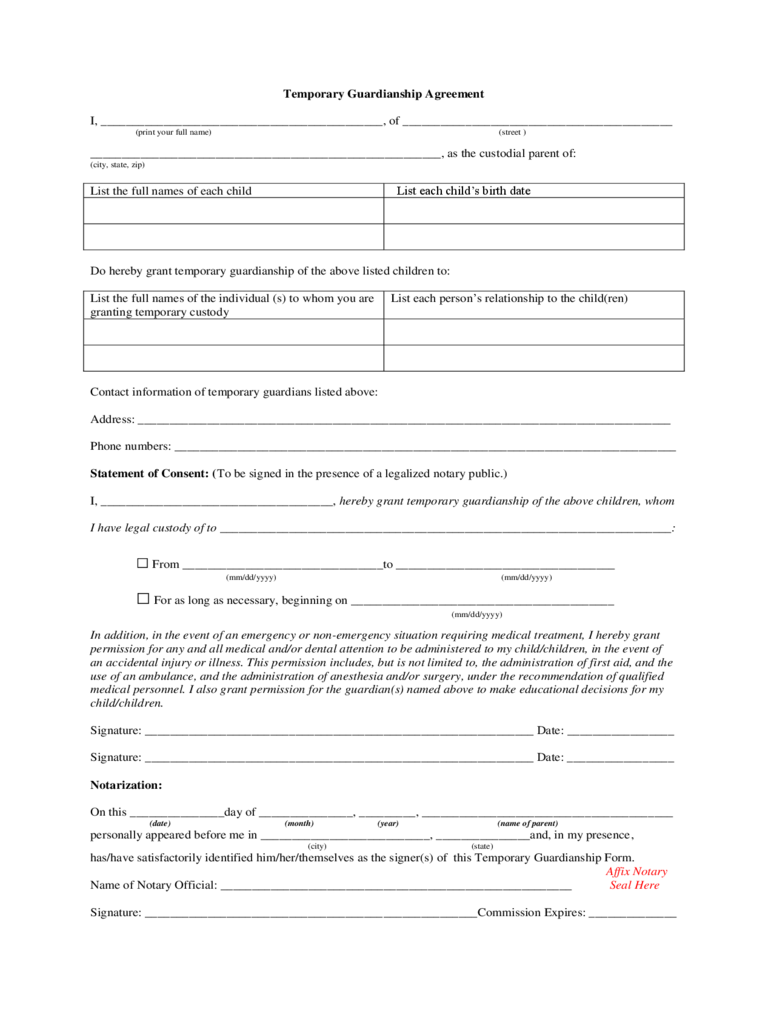

Voluntary termination by one or both parents is typically for adoption. Parental rights are terminated, whether voluntary or involuntary, because it is the best thing to do for the child. Why Are Parental Rights Voluntarily or Involuntarily Terminated? For example, if you are mother giving up parental rights to the father of your child or vice versa, and the voluntary termination is approved by the court, then your child’s father cannot ask the court to require you to support the child in the future. Additionally, the remaining legal parent or the adoptive parents cannot pursue child support from you. She can only remain in her child’s life with the adoptive parent’s permission.Īny duties you had to physically or financially support your child end. A single mother signing over parental rights may do so for her child to be adopted by a stable, loving couple. For instance, voluntary termination is often used so a child can be adopted by new parents or a step-parent. The only way for you to maintain contact with your child is through permission of the legal parent(s) or guardian(s). There is no legal right to visitation after termination of parental rights. When you lose your parental rights, you no longer have any right to have your child live with your or even to see your child. What Happens When Parental Rights Are Terminated? You can also contact us online to schedule a free, private consultation. Whether you are interested in giving up parental rights, have the other parent’s rights terminated, or you are facing a petition to terminate parental rights, call an experienced and skilled child custody lawyer from Alabama Divorce & Family Lawyers, LLC at (205) 255-1155. Whether the process is voluntary or involuntary, the court will focus on the best interests of the child. In other situations, typically involving abandonment, abuse, or neglect, the court may order involuntary termination of parental rights. This is known as voluntary termination of parental rights. In some circumstances, a parent can relinquish parental rights.

Get started today by reaching out to an Alabama family law attorney near you.Under Alabama law, there are several situations in which a court may order the termination of parental rights for one or both parents. Whether you are a minor considering emancipation from your parents or have age-related questions about other legal processes, talking to an attorney is the best way to get the answers you seek. Talk to an Attorney About Your Legal Age Questions You can visit FindLaw’s Family Law section for additional articles and information on this topic. State laws determining legal ages cover a variety of topics and are subject to change over time. Alabama Legal Ages Laws: Related Resources Generally, juveniles will be treated as such in criminal cases, including age and status offenses, until they turn 19 or they are emancipated. In medical care cases, minors aged 14 and above may consent to treatment.

While the age of majority in Alabama in 19, emancipation can allow for an 18-yr old minor to be responsible for his or her own decisions regarding education and other matters. Legal Responsibilities of Minors and ParentsĪlabama provides for a legal process, referred to as the “ emancipation of a minor,” by which a person under the age of 19 can become an adult in the eyes of the law.

ALABAMA JUDICIAL CONSENT CODE
May sue through personal representative, next friend, or guardian ad litem if 14 or over has 30 days to choose guardian ad litem (ARCP), Rule 17 (c), (d)ġ4 ( Code of Alabama 22-8-4: When Minor May Give Consent Generally) Minor 15 or more at nearest birthday may contract for life, health, accident, annuity insurance however, not bound by any unperformed agreement to pay premium ( Code of Alabama 27-14-5: Power of Contract) Legal age laws in Alabama are highlighted in the table below.ġ9 ( Code of Alabama 26-1-1: Age of Majority Designated as 19 Years)ġ8 ( Code of Alabama 26-13-1: Relief of Minor Children for Nonage) For example, under Alabama law, a 15-year old can enter into an insurance contract. Alabama draws that line at 19 years old, although minors still have certain legal rights and responsibilities. Age of Majority in AlabamaĮvery state has minor laws that dictate the "age of majority," or the age at which an citizen is considered an adult in the eyes of the law. Every time a parent is lamenting, “They grow up so fast,” their children are probably responding, “Not fast enough!” The line between child and adult can be fuzzy, so how does the Yellowhammer State distinguish between minors and adults in the eyes of the law? This is an introduction to legal age laws in Alabama.


 0 kommentar(er)
0 kommentar(er)
